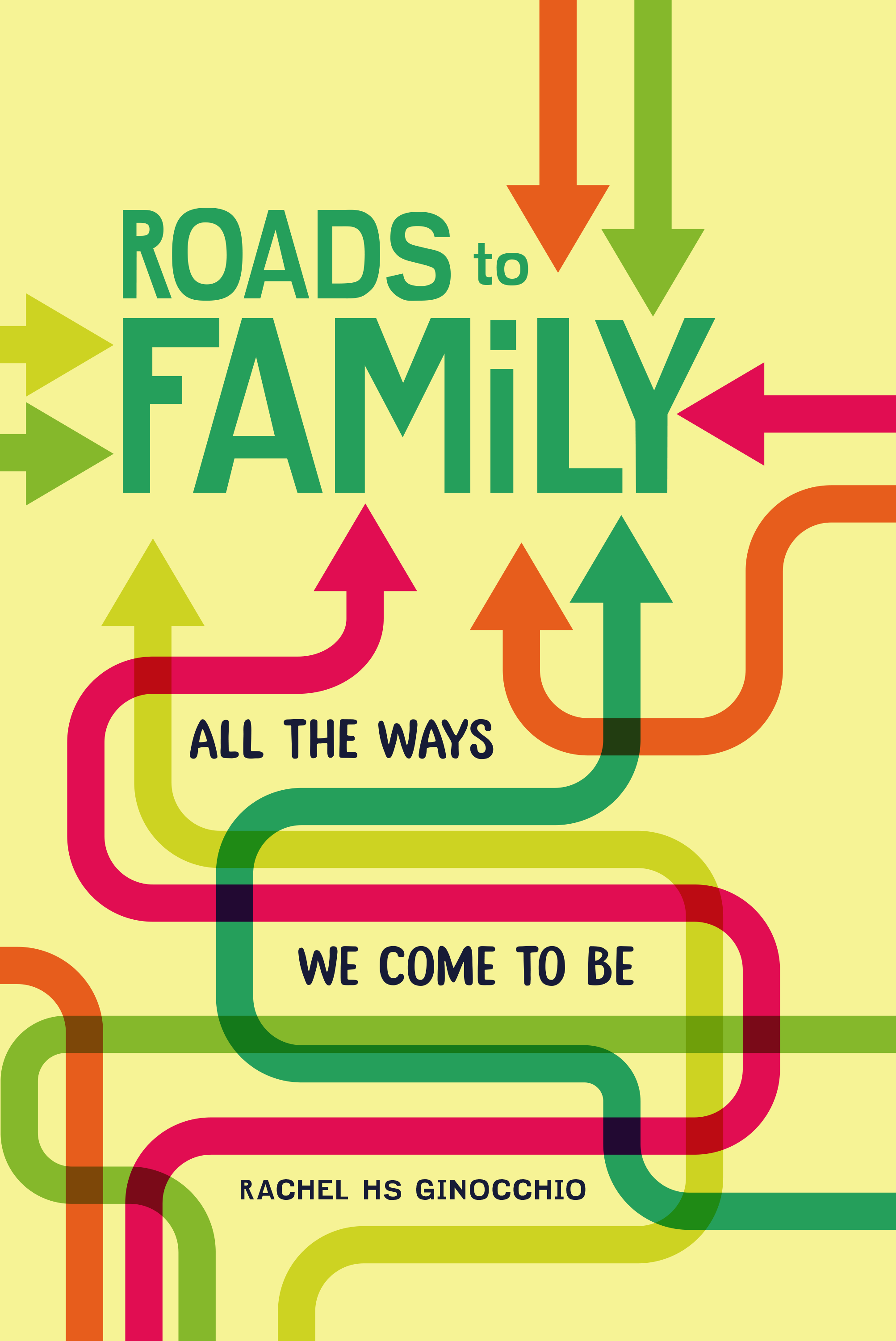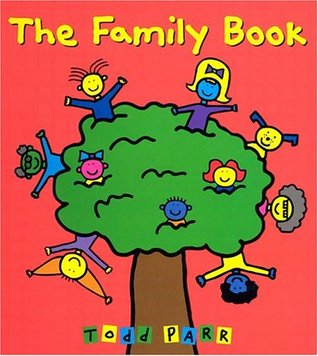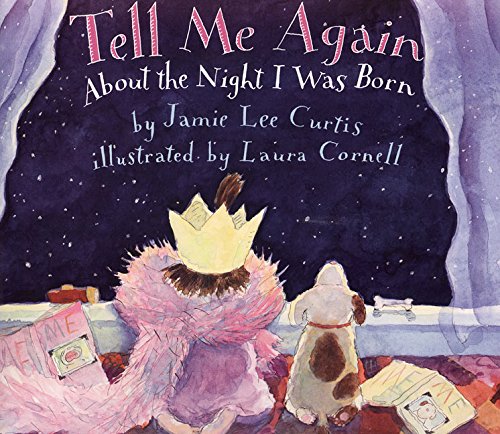Still Family: Adoption
There are different types of pregnancy options that a person can choose. Adoption is one of the pregnancy options that a person may choose. This video discusses the different types of adoption, reasons why a person may choose to adopt, and talking with a trusted adult about this pregnancy option. [AMZ-150]
Youth
Some pregnant people decide to give birth and place their baby for adoption. The process of adoption is when you give birth and then choose someone else to parent your child. Adoption is a legal process when you agree to place your child in the care of another person or family permanently. In many cases, this agreement cannot be reversed or changed. The decision is personal and only the pregnant person knows what’s best for them.
Pregnant people have different reasons why they might choose adoption. Some of the different reasons people decide to place a child for adoption include: they’re not ready to be a parent, they can’t afford to raise a child, they want to finish school before parenting, they’re in an abusive relationship or were sexually assaulted, or they just don’t want to be a parent right now.
Support from trusted adults can also help you figure out if adoption is right for you. Talking with your partner, someone in your family, a friend, a religious advisor, or a counselor can be helpful when you’re making a choice about pregnancy options. It’s good to choose people who you know are supportive and non-judgemental.
There are different types of adoption, and depending on where you live there are different rules and laws for adoption. One type of adoption is a closed adoption, this is when the birth parents and adoptive parents have little or no information about each other and do not stay in contact. Some people choose a closed adoption for privacy reasons and they may or may not tell the child about the adoption as they get older. In an open adoption, the child always knows about the adoption. In an open adoption the birth parents and adoptive parents meet and share information about each other before the adoption and after the adoption they may communicate a lot or a little.
In the US, open adoptions are the most common type of adoption. Some people adopt children from the same racial or ethnic background, others adopt children that are different from them-this is often called a transracial adoption. There are also international adoptions when a family from one country adopts a child from another country.
People who have been adopted have a wide range of feelings, and these feelings might develop over time as they get older. It is normal for a person who has been adopted to have conflicting feelings about both their birth and adoptive parents. Emotions like love, gratitude, anger, longing, shame, abandonment, and loss can often exist at the same time. Some people are interested to know more about their birth parents as they get older, and some are never curious; both are normal and okay. Some people who are adopted seek out relationships with their birth parents, and others do not. This is a very personal decision, and only the person who is adopted knows what is best for them.
It’s really normal for a person to have a lot of different feelings about all aspects of adoption. Lots of people who choose adoption are happy knowing that their child is living with a family who loves and cares for them. Some people find that the sense of loss is deeper than they expected. Families who adopt might feel sad or hurt if an adoptive child wants a relationship with their birth parents. Having many different feelings after adoption is very common, a person’s feelings might be complicated for a while, and change over time.
Talking with a counselor who’s experienced with adoption and talking with other people who’ve been through adoption can give you support and help you work through your decision and emotions, both during and after the adoption process. There can be lots of stuff to consider when thinking about adoption, and it’s totally normal to have many different feelings and thoughts when making your decision.
FAQs
You do not share with someone that you are adopted. If you choose to share with someone that you are adopted, the decision is up to you. If you are uncertain if you should share that you are adopted, talk with your adoptive parents or another trusted adult that can help guide you in sharing this information with others.
Test your knowledge
Additional Resources
Parents
As your child begins their social development, they will likely meet or make friends with someone who is adopted. This may prompt your child to ask questions about pregnancy and adoption.
The process of adoption is when you give birth and then choose someone else to parent your child. Some people decide to give birth and place their baby for adoption. Adoption is a legal process when you agree to place your child in the care of another person or family permanently. In many cases, this agreement cannot be reversed or changed. Adoption is a personal decision and only the pregnant person knows what’s best for them.
There are different types of adoption – closed and open. A closed adoption is when the birth parents and adoptive parents have little or no information about each other and do not stay in contact. Some people choose a closed adoption for privacy reasons and they may or may not tell the child about the adoption as they get older. In an open adoption, the child always knows about the adoption. In an open adoption the birth parents and adoptive parents meet and share information about each other before the adoption and after the adoption they may communicate a lot or a little.
Adoption is a very personal decision. If your child is pregnant, they may choose adoption as their pregnancy option. Support from parents and other trusted adults can be helpful in finding out if adoption is right for them. It is important for parents and other trusted adults to be supportive and non-judgmental.
It’s really normal for people to have a lot of different feelings about all aspects of adoption. If you have a child who is adopted, they may experience feelings of happiness, love, sense of loss, hurt or even sadness. It is important to help work through the different emotions that your child may be feeling. Talking with an experienced adoption counselor and talking with other people who’ve been through adoption can give you and your young person additional support; whether your child is adopted or is considering adoption.
Related Resources
Educators
It is likely that you will have a student in your class who is adopted, including but not limited to a pregnant student who is considering adoption, a student’s family who is going through the process of adoption, or maybe a student who is going through the process of being adopted.
If you have a student in your class who is adopted, they may experience feelings of happiness, love, sense of loss, hurt or even sadness. For a student who may be considering adoption, they may experience similar emotions. It is important to connect your student with a parent, school counselor or another trusted adult to help work through the different emotions that your student may be feeling.
The process of adoption is a very personal decision and can have challenging moments. Support from you as an educator and the school can provide a safe and inclusive environment for your students. As an educator, it is important to be supportive of the student and the student’s family and to remain non-judgmental.
It’s really normal for your students to have questions about adoption and adoptive families. If a student decides to share during your class that they are adoptive, remind your student that they are allowed to choose what they will and will not share. Remember, each of your student’s families are different and there is no right way to have a family.
National Sex Ed Standards
Describe pregnancy testing, the signs of pregnancy, and pregnancy options, including parenting, abortion, and adoption
Demonstrate the ability to determine whether a resource or service is medically accurate or credible
Access medically accurate and credible information about pregnancy options, including parenting, abortion, and adoption
Analyze personal and societal factors that can influence decisions about pregnancy options, including parenting, abortion, and adoption
International Technical Guidance on Sexuality Education
Discussion Questions
- According to the video, what are the different types of adoption?
- What are some of the reasons why a person may choose adoption?
- If you had a friend who had questions about adoption, what information would you share with them?


